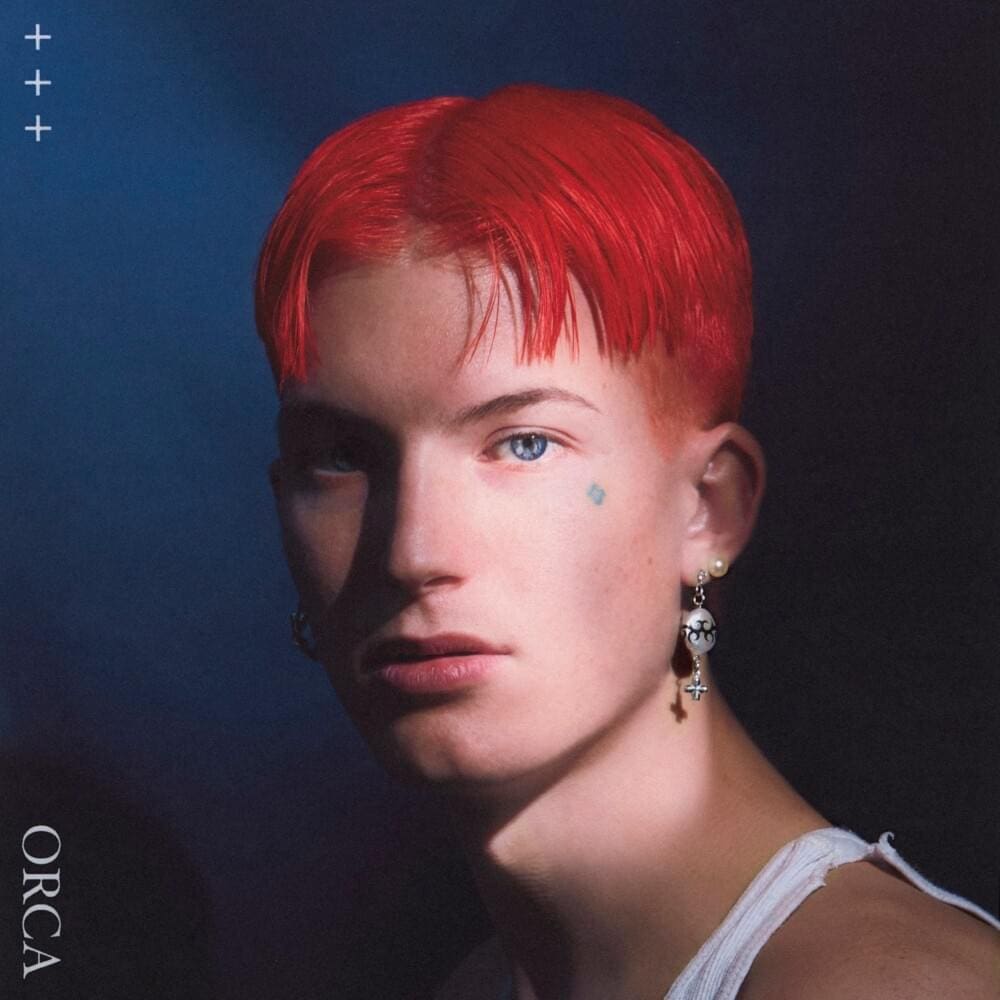Written by Kenny Bieber
When it comes to young and emerging talent, the pressure can lie tremendously on the success of their debut or breakthrough project. Where the pressure can be even more increased however, is following up said debut with a sophomore record that manages to sustain their initial momentum and promise while forging them forward artistically.
For dream-pop/indie rising talent Gus Dapperton, he faced this very challenge following up his well-received and new-wave inspired debut Where Polly People Go To Read. Thankfully, he rose to the occasion with his second full-length, Orca. The record finds Dapperton deviating from the glossy dream-pop of his debut to a more stripped-down indie rock approach with a stronger emphasis on confessional songwriting and intimate and raw emotion. With Orca, Dapperton unveils a new layer of musicality and maturity while showcasing a notable progression in both sound and style.
The sonic palette on Orca differs greatly from Dapperton’s previous releases as evidenced by the grunge rock sensibility of opener “Bottle Opener.” Its haunting choruses and anthem-like refrains makes for a cathartic and powerful start. The lead single “First Aid,” the second song of the album, is a stirring acoustic number that features one of Dapperton’s most vulnerable performances before evolving into a blistering rocker in its own right. The atmosphere here is more understated and organic and the arrangements truly allows the material to feel resonant and engaging.
Despite the more layered-down presentation, Dapperton’s pop instincts are still present and result in some of the record’s most immediately enjoyable moments. “Bluebird” is an infectious take on piano pop filtered through a hazy dream-pop lens. “My Say So” has echoes of Dapperton’s mega viral hit “Supalonely” with Benee but thankfully manages to establish its own jangly synth-pop flavor. Musically, Orca feels like a tighter and cohesive record while vocally, Dapperton expands his range here with a greater level of vulnerability and intensity.
The emphasis on emotional honesty is what allows the material of Orca to truly feel alive and resonant. The subject matter present reflects more deeply and authentically upon communication and personal relationships. Dapperton’s songwriting reveals a more humanistic perspective that allows these tracks to sink in deeper with listeners. Admittedly, there are aspects of Orca where Dapperton can occasionally overreach musically and lyrically. He’s still attempting to forge all of his unique influences into something truly his own.
However, there are many elements here that showcase his considerable as a songwriter, performer and arranger and tracks such as “Medicine” and “Antidote” emerge as two of his most fully realized and mature cuts yet displaying some of his richest production work and vocal performances to date. It’s in these two tracks that his artistic progression is most clearly evident and offer glimpses of the potential he’s exploring currently.
There’s no telling where the music industry will be in the future but in the meantime plenty of artists are staking their claim as potential tastemakers. With Orca, Gus Dapperton manages to build upon his impressive momentum and delivers his most personal and well-rounded body of work yet. What’s arguably its most distinguished feat however is that it indicates that Dapperton is truly human and his music is dedicated to exploring that experience. That alone gets my say so.
Top Tracks: “First Aid”, “Antidote,” “Medicine,” “Post Humorous,” “Bluebird,” “My Say So.”
Orca by Gus Dapperton can be streamed on Spotify.


